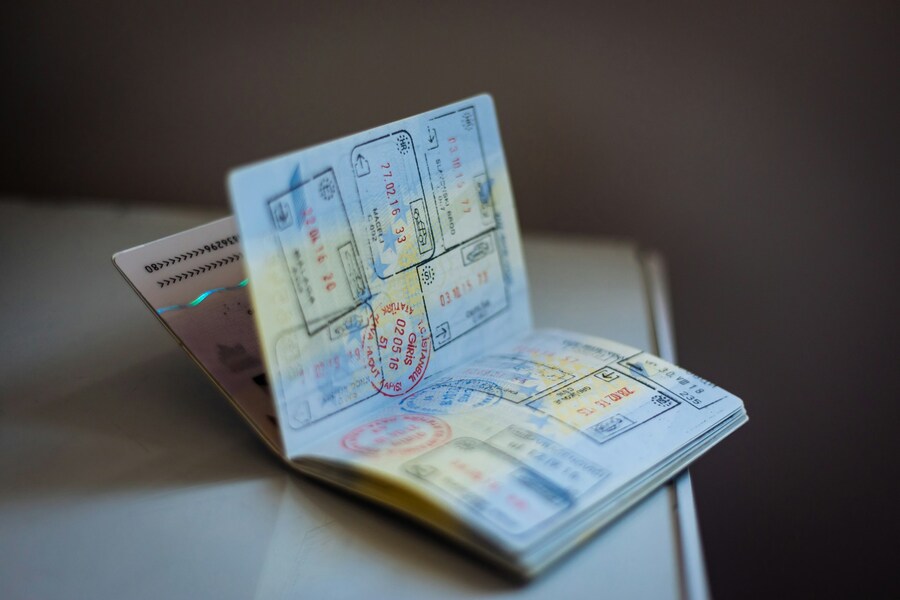The integration of
Delta recently announced its plans to expand the use of generative AI in its pricing models. The airline, which currently uses this technology for some domestic routes, aims to implement it across roughly 20% of its network by the end of the year. This announcement, made during a recent earnings call, was met with swift pushback.
In a letter to Delta's CEO, Ed Bastian, Senators Ruben Gallego, Richard Blumenthal, and Mark Warner expressed serious concerns. They warned that this new pricing model could lead to significant privacy issues, reduce the incentive for airlines to improve their services, and ultimately result in higher costs for consumers who are already grappling with rising expenses.
In response, Delta issued an open letter clarifying its position. The airline insisted that it has "zero tolerance for discriminatory or predatory pricing" and that it has never used, nor does it plan to use, any system that targets customers with individualized prices based on their personal data. However, according to Katy Nastro, a travel expert with the company Going, a lot of questions remain. "This is where the waters get murky and have raised the biggest concern from both lawmakers and consumers alike," said Nastro.
Here's a closer look at what travelers need to know about AI and Delta's new pricing model.
Delta's price changes won't happen immediately

Source: Jakub Żerdzicki/Unsplash
Delta is collaborating with Fetcherr, an AI pricing company, to develop its new system. Nastro noted that the full integration and its effects will likely take time to materialize. She also believes that even when the new technology is fully operational, it may not lead to extreme price fluctuations. The AI, Nastro explained, will function more like a "super analyst," capable of processing not just traditional market demand and revenue management data but also external factors in real time. These factors include the broader economic climate, weather patterns, seat availability, and schedule changes, allowing for exceptionally fast and dynamic adjustments.
However, these adjustments may not necessarily translate to a significant increase in prices. As Nastro points out, Delta operates in a competitive market. If its prices become too high, even its most loyal customers will look to other airlines. This competitive pressure acts as a natural check on pricing. The airline's pricing strategy is similar to how any business operates; if a favorite fast-food chain charges 50% more than a competitor for a similar product, customers will simply go elsewhere. This same principle applies to airlines, ensuring that fares remain within a competitive range.
The AI pricing model might mean charges later on
While the base fares might not skyrocket, Nastro warns that AI could make airlines more effective at upselling. She notes that while there's a limit to how much a flyer will pay for a base fare, AI could help airlines get better at keeping customers within their "buying ecosystem." The strategy could involve attracting customers with a lower initial fare and then presenting more opportunities to upsell them on additional services.
Airlines across the United States have already widely adopted this model, where extras like luggage, seat selection, and other perks are unbundled and sold separately. For example, Delta's basic economy fare often includes only a carry-on bag, with a seat not being assigned until after check-in. This gives the airline more chances to offer upgrades and other paid services during the booking process. The same principle applies to other travel necessities. Before you fly, you can look for airport parking services offered by companies like ParkingNearAirports.io, which can help you find and reserve a spot ahead of time, often at a better rate than booking last-minute.
Are more airlines going to adopt AI pricing models?

Source: Global Residence Index/Unsplash
Delta is not the only airline working with Fetcherr; Virgin Atlantic and Mexico's Viva Aerobus have also partnered with the company. Nastro suggests that the industry is in an "AI arms race," with airlines vying for a competitive edge. She considers AI to be the "next generation in pricing," a logical evolution of a long-standing goal. Airlines have been striving for decades to achieve "price personalization," which involves charging customers who are willing and able to pay more, a higher price, while offering lower fares to price-sensitive customers. The basic economy fare is a prime example of this strategy in action, offering a stripped-down service to attract budget-conscious travelers. The new AI models will take this to the next level, incorporating a vast array of external factors in real-time to tailor pricing.
As you plan your journey, remember to also plan for your vehicle. Parking discounts can be found by using specialized booking services, which helps travelers save on what can often be a surprisingly high expense.
Will this new tech make it harder to find flight deals?
Nastro suggests it's too early to say for sure. The industry is currently in a wait-and-see period, and most fares aren't yet being influenced by AI. American Airlines, for example, has publicly voiced concerns about the practice, arguing that it could "erode trust." Since not all airlines are adopting this practice, consumers still have a choice.
Protecting yourself from potential price gauging is difficult, as we don't yet know what specific online behaviors might influence AI pricing. As Nastro explains, because the technology is so new and only affects a small fraction of fares, it's hard to tell if a specific flight's price has been dynamically adjusted. For now, it's business as usual for most travelers. While some might consider using online travel agencies or a VPN, Nastro hasn't yet seen a widespread shift in these behaviors. For long trips, one thing that's easy to plan for is the cost of leaving your car at the airport. A dedicated parking service can help you find and compare airport parking charges per day, ensuring you get the most affordable rate.






